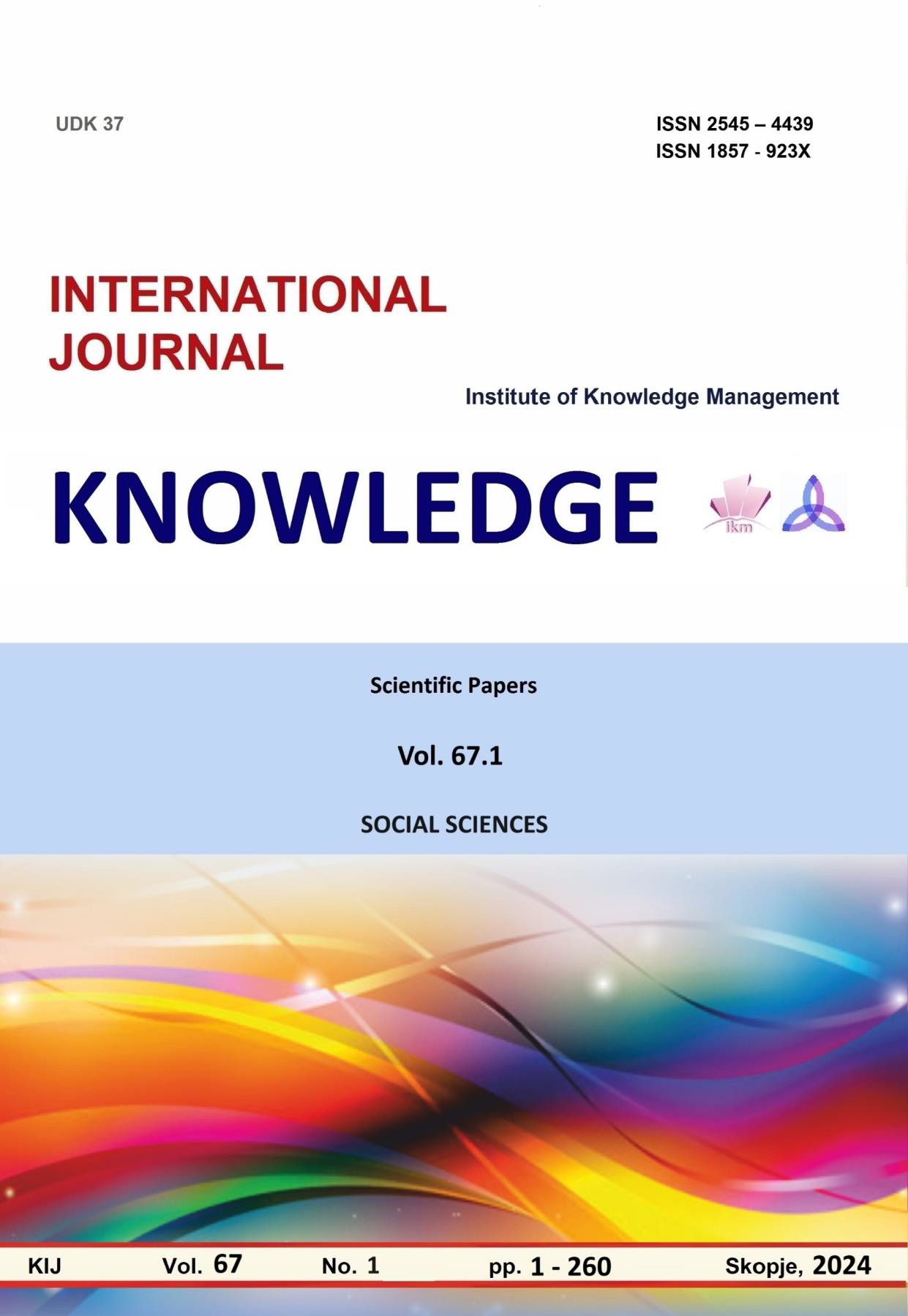МОДЕЛЪТ НА КОТЪР ЗА УПРАВЛЕНИЕ НА ОРГАНИЗАЦИОННАТА ПРОМЯНА В ИНФОРМАЦИОННО ТЕХНОЛОГИЧЕН КОНТЕКСТ
KOTTER'S MODEL FOR MANAGING ORGANIZATIONAL CHANGE IN AN INFORMATION TECHNOLOGY CONTEXT
Author(s): Miloš Davitkovic, Moni MihaylovSubject(s): Social Sciences, Education
Published by: Scientific Institute of Management and Knowledge
Keywords: dynamic markets;complex processes;strong competition;information and communication technologies (ICT);innovative solutions
Summary/Abstract: In recent decades, organizations have been dealing with dynamic markets, complex processes, and intense competition. In this fast paced world, continuous innovations in technological solutions and their often contradictory empirical effects on organizations maintain a strong interest for researchers who try to develop newer and more complete theoretical and conceptual models. In such scenarios, no modern company that wants to prosper is an exception. All become part of inter organizational or informal networks, striving to create more value and benefits, as well as long term partnerships with stakeholders. Organizations strive to be adequate, flexible, and competitive; to offer quality products, services, and to continuously improve the well being of their users and to modernize their processes. On the other hand, “every official has two responsibilities: the first relates to him as a responsible individual, and the second to the function he performs professionally” (Boykov, D., Boykov, V., Gotseva M., 2024, p. 163). To achieve this, modern companies and their managers need innovative solutions in a complex environment, which are almost always associated with the implementation of information and communication technology (ICT) solutions, which inevitably accompanies the continuous reengineering of communication processes. Often, information technology changes are required that not only determine the development of organizations and/or their long term success, but are also capable of requiring such a high degree of urgency that they put the survival of companies in question. Such challenges are related to quick reactions, rapid adaptation, flexibility, etc. Thus, the effectiveness of an implemented information technology change, compared with the goals that lie at the beginning of the process, does not always satisfy the organization. The report will examine John Kotter’s model in order to trace the beginning of the theory of organizational change and its subsequent development.
Journal: Knowledge - International Journal
- Issue Year: 67/2024
- Issue No: 1
- Page Range: 59-63
- Page Count: 5
- Language: Bulgarian

